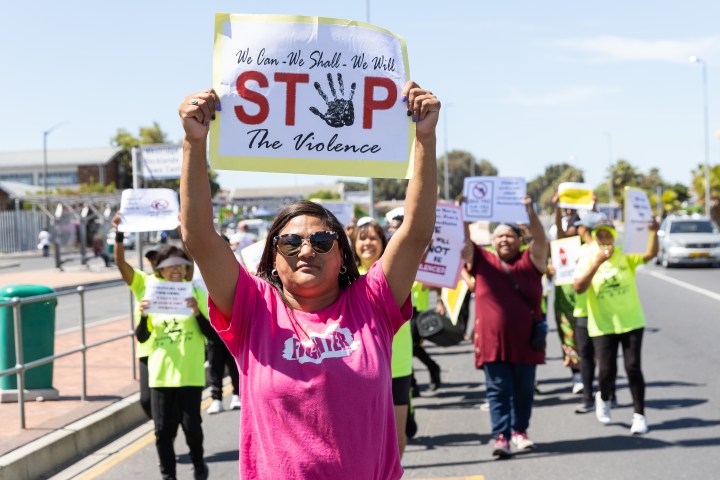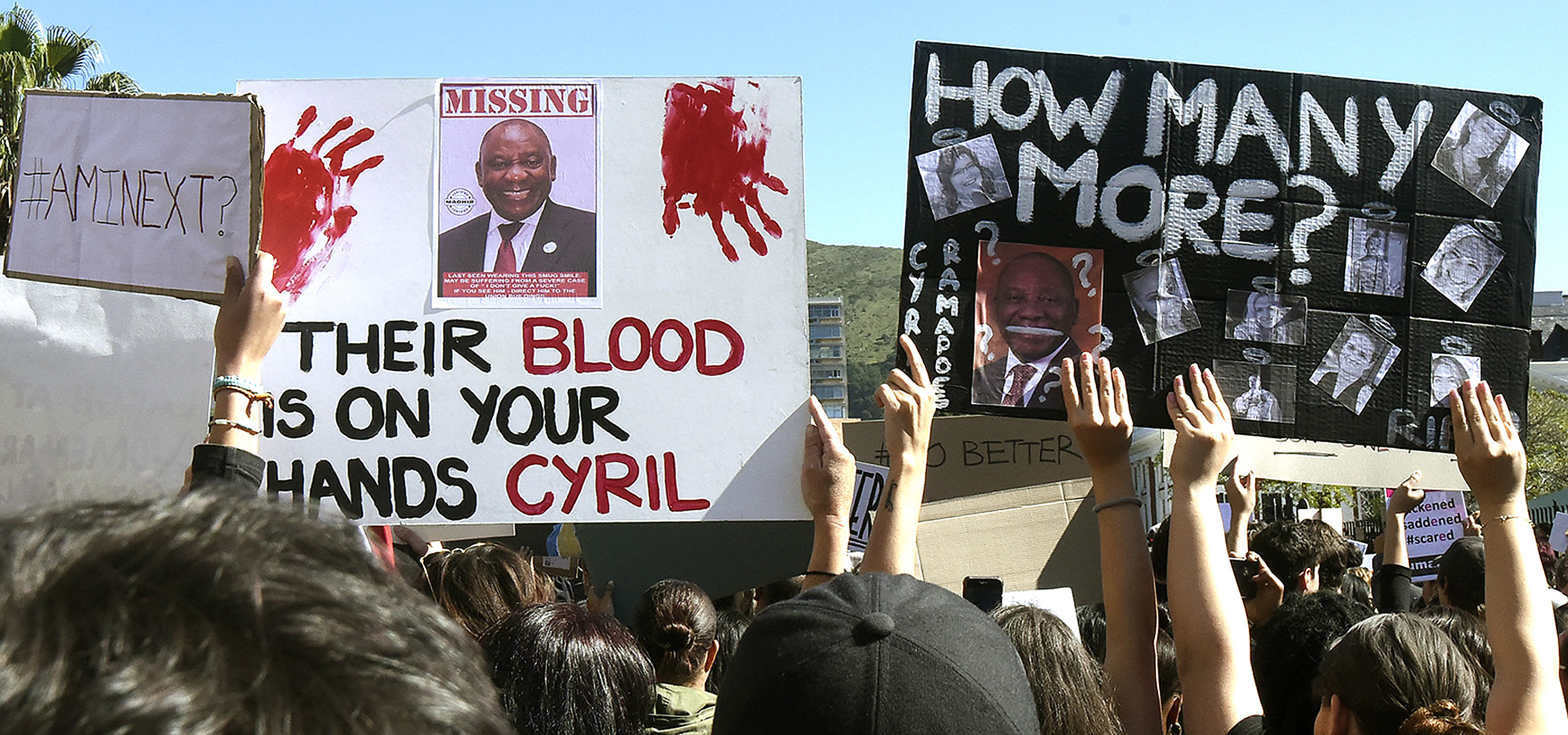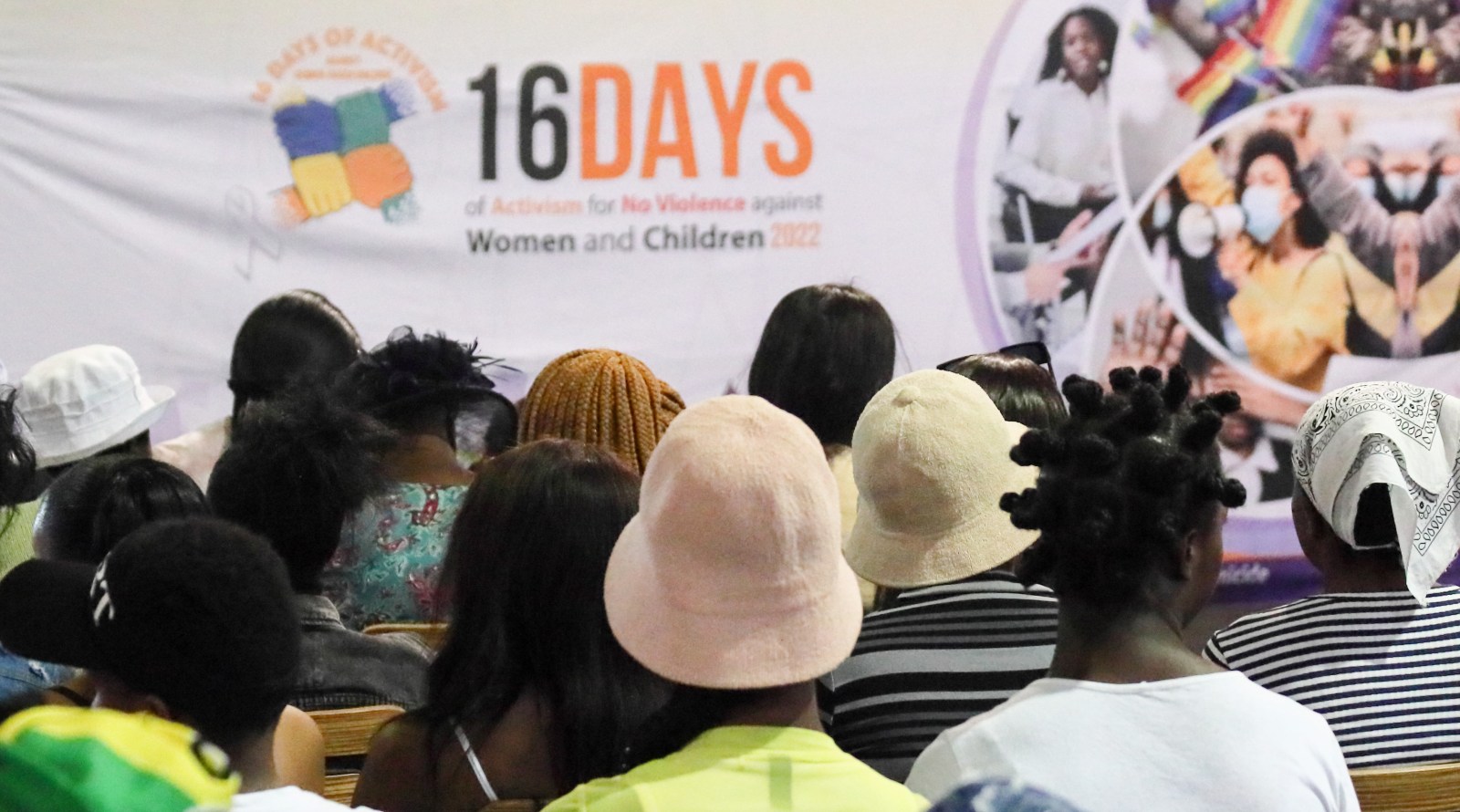GENDER-BASED VIOLENCE OP-ED
We need 365 days of GBV awareness, not a mere Sixteeen

Almost half of South African women were economically inactive in 2022. Many women remain in abusive relationships because of financial dependency. Gender-based violence is the price women pay to eat and to have a place to sleep.
Is a campaign aimed at 16 days of activism against gender-based violence (GBV) enough? The struggle against GBV seems to have barely moved forward, despite worldwide efforts.
Are we treating the symptoms and not the cause? If GBV is societal pathology, we need to collectively find ways to diagnose its many roots and to effect cure. Evidence suggests that GBV flourishes in inequality. This is the reality for women living in resource-limited settings, which increases their risk for GBV.
Perhaps the battle against GBV can be won if stakeholders and members of our community #UNiTE 365 days a year, with the common interest of eliminating this pertinent problem.
GBV is typically defined as a physically aggressive and harmful act towards a specific gender. In South Africa, this highly prevalent human-rights issue disproportionately affects women and girls.
Many may ask what could possibly lead a person to commit such heinous acts of violence. In South Africa, violence is often driven by a context of adversity, deprivation, economic inequality, lack of education and substance misuse.
Perpetrators’ motives can vary from feelings of boredom to feelings of being “owed” the power from a victim.
One in three women
GBV is extremely common; approximately one in three women will experience GBV at the hands of a man in their lifetime. It is clear that drastic change is needed.
Factors such as gender disparities and gender power imbalances often drive GBV. Women have a tougher time finding employment compared to men, both globally and in South Africa.

People gather during the gender-based violence demonstration outside Parliament, following the rape and murder of UCT student Uyinene Mrwetyana in Cape Town. (Photo: Gallo Images/Brenton Geach)
In 2022, almost half of South African women were economically inactive. The reality is that many women remain in abusive relationships due to a lack of employment opportunities and financial dependency – they rely on partners for food and shelter. GBV is the price women pay to eat, and to have a place to sleep.
A woman exposed to GBV and living in adversity is not only disempowered, but also afraid, anxious, lacking support and at risk of developing mental and physical health problems. Post-traumatic stress (fear and re-experiencing), depression (sometimes with suicidal behaviour), substance misuse (binge-drinking), and risk-taking behaviours (often because of substance misuse) are frequent consequences of GBV.
Read in Daily Maverick: “Nonprofit Embrace Project takes on justice department over ‘problematic’ definition of rape in Sexual Offences Act”
The relationship between GBV, mental illness and poor physical health is multidirectional. Factors that drive GBV are also often risk factors for poor mental health.
For example, being exposed to endemic poverty increases your chance of experiencing a mental illness, and economic deprivation is also associated with the experience of GBV. Research has consistently shown that women who are exposed to violence often misuse alcohol, which can further compromise mental health and contributes to increased sexual risk-taking behaviour. This can make women vulnerable to infections such as HIV.
Moreover, our research into sexual trauma and adherence to HIV medication has shown that trauma, mental health and physical health are linked. Almost 60% of the women we screen attending primary care clinics have experienced trauma and are living with HIV. Often these women can draw a connection between their story of violence and their story of HIV, highlighting an incredibly vicious cycle.

Attendees at the Department of Women, Youth and Persons with Disabilities launch of 16 Days of Activism for no violence against women and children at Nasrec on 25 November, 2022, in Johannesburg. (Photo: Gallo Images/Fani Mahuntsi)
Mostly reactive response
So, what can we do to address this public health issue?
In South Africa, the response to GBV has mostly been reactive: there are shelters and support hotlines for GBV victims, and governmental initiatives to report perpetrators of abuse. These are much-needed remedies, but do not aid in prevention of violence.
With that in mind, there are several interventions that can decrease violence against women.
Firstly, social empowerment interventions for women and girls in our country are essential. These interventions address patriarchal norms and promote equitable gender attitudes, which in turn address power imbalances that favour men in relationships in low-resource settings. We have a Minister in the Presidency for Women, Youth and People with Disabilities of South Africa, for this reason.
GBV is not a woman’s issue, so men and boys need to actively engage in addressing the culture of violence in South Africa. School-based programmes are a critical target for such interventions. GBV often begins in adolescence and early adulthood, and interventions targeting this life stage are crucial.
The school age is often the age where social norms regarding masculinity, gender-equitable behaviours and attitudes are solidified. If young boys are to embody non-violence, we need to start addressing this from an early age, and they need role models to show the way.
Lastly, on an individual level, programmes that empower women could address the social factors, such as poverty and unemployment, that drive GBV. Vocational training, life skills training, financial literacy and education have been found to be helpful for reducing GBV.
These interventions are crucial for prevention, but while South African women continue to experience high rates of violence, interventions that promote psychological empowerment through mental health support are crucial. Counselling provided by lay or professional counsellors can improve symptoms of depression, anxiety, PTSD and substance misuse in GBV survivors.
______________________________
Visit Daily Maverick’s home page for more news, analysis and investigations
______________________________
Considering that these psychological factors in turn increase the risk of experiencing future GBV, interventions that strengthen psychological empowerment also reduce GBV.
Ultimately efforts by all members of our community at multiple levels of impact are required. We need to continue our efforts to soften the pain for victims of GBV.
But we are not going to see change unless we start uprooting and facing the societal determinants of this monster every day, 365 days a year. DM/MC
Morgan Watson holds a BSc Honours in Psychology, and is a Content Developer in the HIV Mental Health Research Unit, Department of Psychiatry and Mental Health, University of Cape Town.
Dr Stephan Rabie is a research psychologist and Senior Research Officer in the HIV Mental Health Research Unit, Department of Psychiatry and Mental Health, University of Cape Town.
Professor John Joska is Head of Clinical Services (psychiatry) at Groote Schuur Hospital and Director of the UCT HIV Mental Health Research Unit.
Rachel Joska holds a Bachelor of Arts degree in Psychology and Linguistics and a BSc Honours in Psychology degree from University of Cape Town. She writes in her personal capacity.



















Comments - Please login in order to comment.